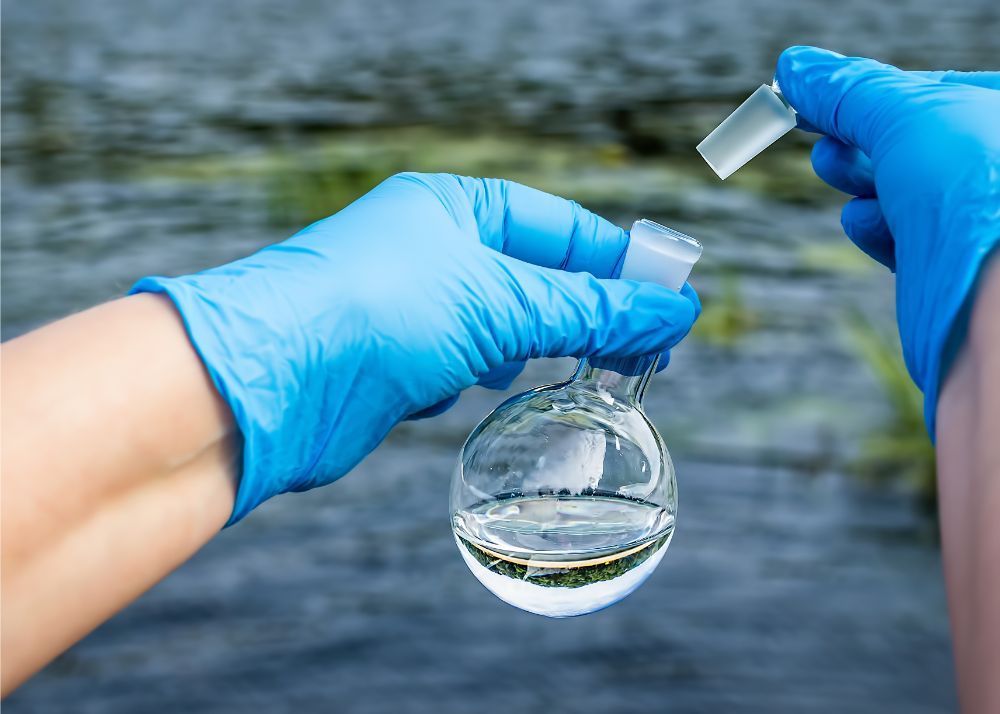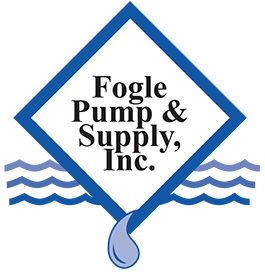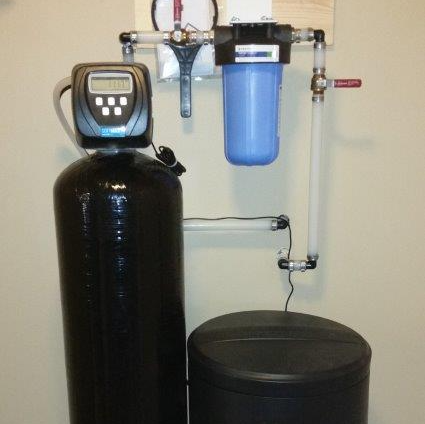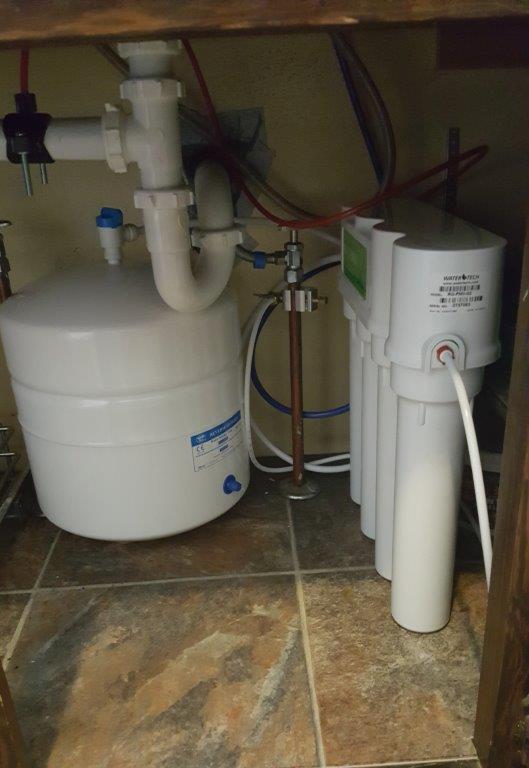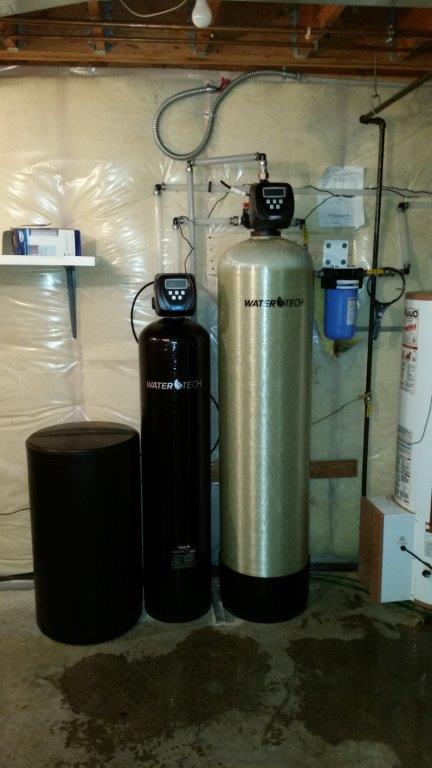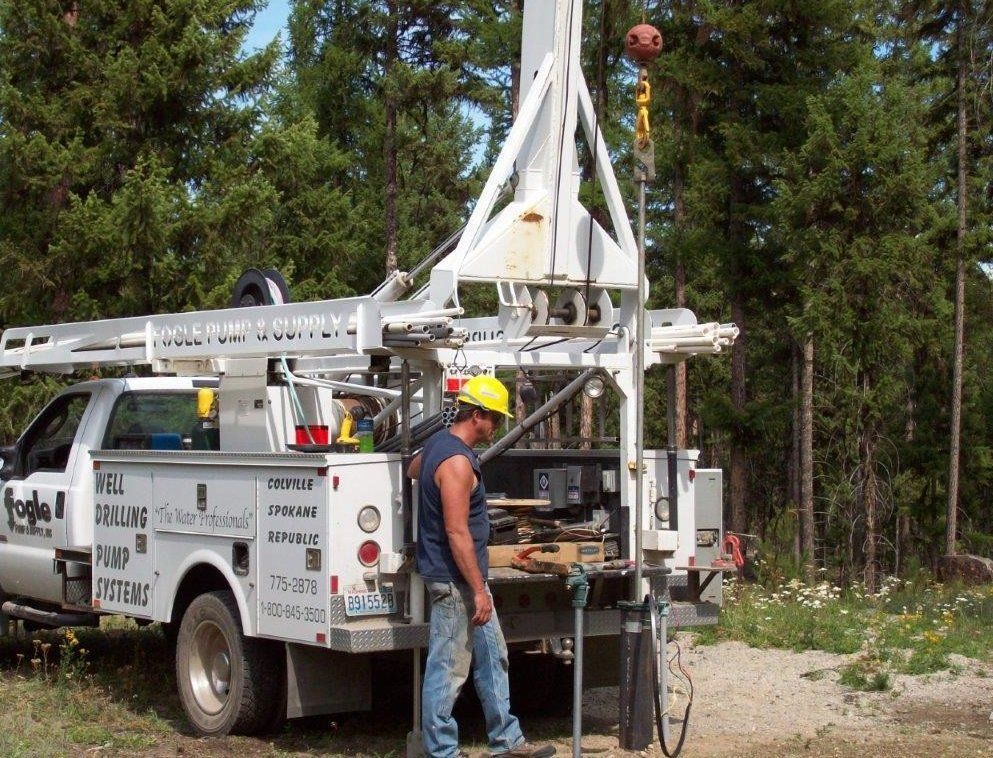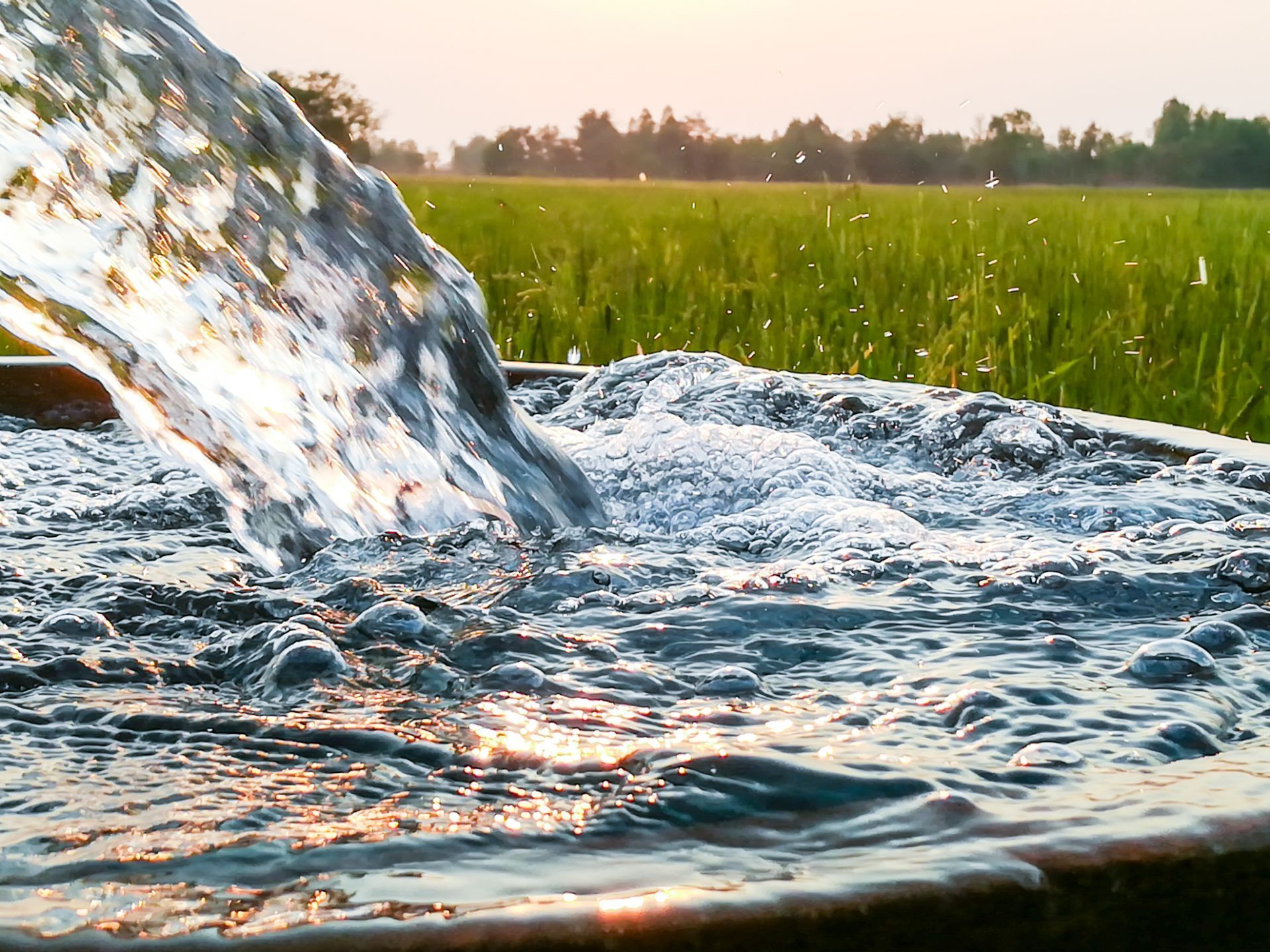Water Softeners vs. Water Filters: Which Is Right for You?
If you’ve been dealing with hard water, strange tastes, or plumbing issues, you’ve probably heard about water softeners and water filters. While these systems can both improve your water, they solve different problems. Choosing the right one depends on what’s really the problem with your water.
Understanding the difference can help protect your health, save you time and money, and prevent a lot of unnecessary frustration down the line. Here's a simple breakdown of how each system works, what problems they solve, and how to figure out which one is the right fit for your home.
What Is a Water Softener?
A water softener is a system that removes minerals like calcium and magnesium, which cause what we know as hard water. It works by using a process called ion exchange in which the minerals are swapped out for sodium or potassium. Unlike calcium and magnesium, sodium and potassium don’t cause scale buildup, and the levels added to the water are low enough that they’re generally safe for most people.
Hard water isn’t really dangerous to drink, but over time, it builds up inside pipes, water heaters, dishwashers, and washing machines, which results in clogs, reduced water efficiency, and more frequent repairs. Other signs of hard water are stiff laundry, spots on your dishes, and dry skin and hair after showers.
A water softener helps stop this buildup and keeps your water system running more efficiently. However, it doesn’t remove chemicals, bacteria, or other contaminants that may affect water quality or taste.
What Is a Water Filter?
A water filter removes contaminants from your water, but different filters do different things. Some are designed to reduce chlorine and pesticides while others are great at removing heavy metals like lead, or blocking bacteria and sediment. Common options include carbon filters, reverse osmosis systems, and UV purifiers.
Filters are a good choice if you're concerned about the safety, smell, or taste of your drinking water. They help remove substances that can affect your health or make your water unpleasant to use. Unlike softeners, filters don’t take out minerals that cause hard water.
If your water smells like chemicals, tastes off, or comes from a source that might be exposed to pollution or bacteria, a filter might be your best bet to tackle the problem.
Key Differences
Water softeners and water filters are often seen as interchangeable, but they serve different purposes.
A water softener removes hard minerals like calcium and magnesium. It's the right choice if you're dealing with issues like scale buildup, clogged pipes, stiff laundry, or reduced appliance efficiency. A softener helps prevent scale buildup in your plumbing, water heater, and other appliances that use water. But it won’t improve the taste or remove chemicals, metals, or bacteria.
A water filter is specifically designed to improve the quality of your drinking water. It removes things like chlorine, lead, pesticides, and bacteria. Filters can help with strange tastes, strong odors, and potential health concerns, but on the other hand, won’t fix hard water issues.
Put simply, a softener takes care of your plumbing, and a filter takes care of the water you drink.
Do You Need Both a Water Softener and a Filter?
In many cases, yes.
If your home has hard water and your drinking water tastes or smells off—or if testing shows chemical or biological contaminants—then using both systems together might be the best solution.
Softened water helps extend the life of your appliances, reduce soap scum and buildup, and keep things running smoothly. Filtered water gives you peace of mind every time you turn on the tap or fill a glass. Together, they create a complete water treatment system that improves both function and safety.
Signs You Might Need a Water Softener
- White spots or film on dishes, sinks, or faucets
- Soap that doesn’t lather well
- Buildup in your showerhead or pipes
- Itchy skin or dull hair after bathing
- Reduced water pressure over time
- Your water heater is less efficient or needs frequent repairs
Signs You Might Need a Water Filter
- Strange taste or odor in your water (chemical, metallic, musty)
- Rust-colored water or visible sediment
- Health concerns tied to your water source (well water, aging pipes, nearby agriculture or industry)
Staining in sinks, tubs, or toilets - Concerns about chlorine, lead, or bacteria exposure
- You want better-tasting water for drinking and cooking
Conclusion
Figuring out whether you need a water softener, a filter, or both can be confusing, especially if you’re not sure what’s in your water to begin with. Each one solves a different problem, and in some cases, you might actually need both. The only way to know for sure is to get your water tested by a professional.
At Fogle Pump & Supply, we’ve been helping homeowners across Eastern Washington find the right water solutions since 1981. Our team can test your water, explain exactly what you're dealing with, and recommend the system that fits your home—not just what’s popular or easy to sell.
Ready to get started? Contact us today to schedule your water test and get honest answers from the water professionals.
